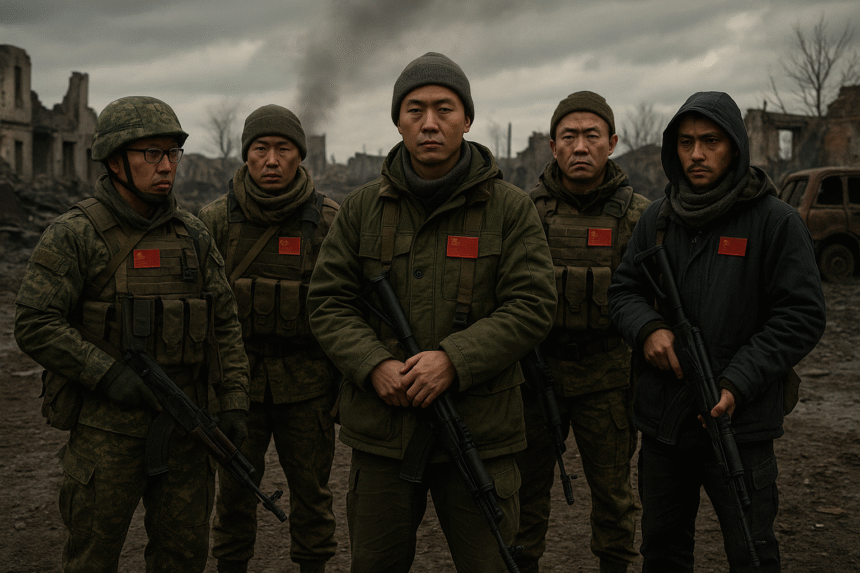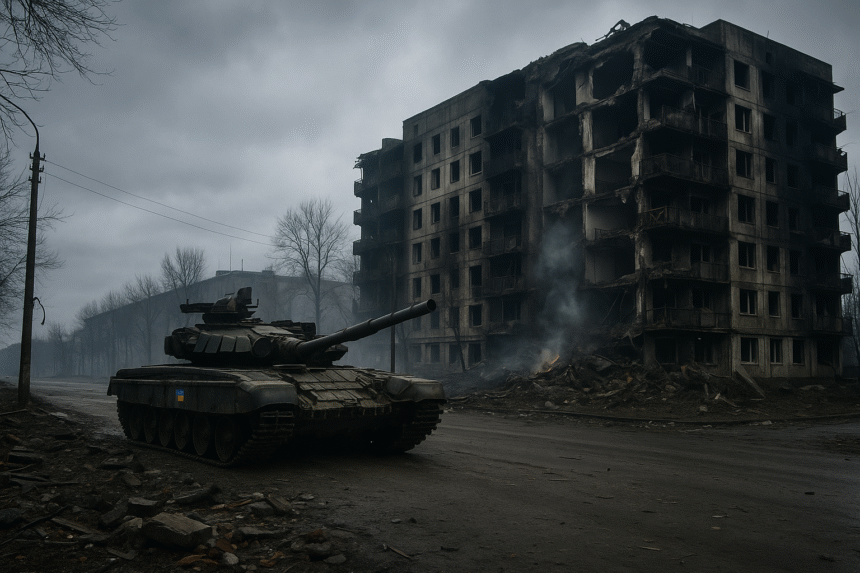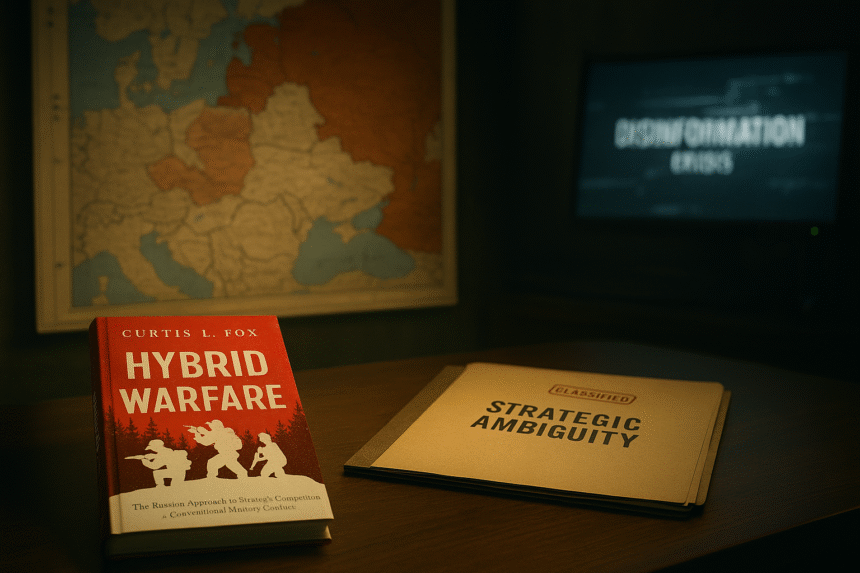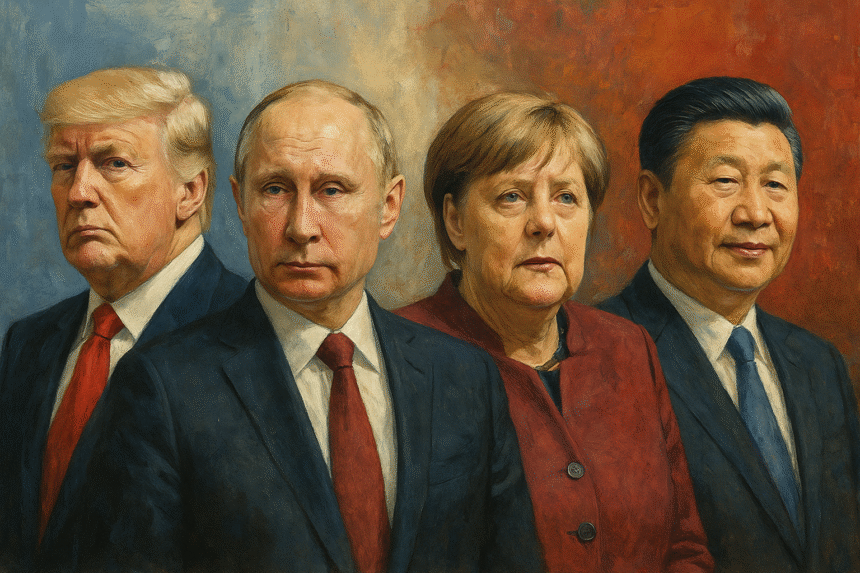International Dimensions
The involvement of Chinese nationals fighting in Ukraine adds a new dimension to the ongoing war. Since Russia’s invasion in 2022, foreign nationals from various countries have joined the conflict, but Chinese nationals have drawn significant attention. While China maintains a neutral stance, the participation of its citizens raises questions about its indirect involvement and the implications for global geopolitics.

Foreign Fighters in Ukraine: A Broader Context
Foreign fighters have historically played key roles in conflicts. From the Spanish Civil War to recent conflicts in Syria and Libya, individuals from across the globe have joined foreign battles, often motivated by ideological beliefs, financial gain, or a sense of duty. In the ongoing Ukraine conflict, thousands of foreign nationals have joined both the Ukrainian and Russian sides. Ukraine, known for its democratic values, has welcomed volunteers from around the world, while Russia has drawn fighters from countries like Syria, Belarus, and Central Asia.
However, the involvement of Chinese nationals fighting in Ukraine introduces a fresh geopolitical challenge. While China claims to remain neutral, its citizens fighting for Russia complicate its diplomatic position.
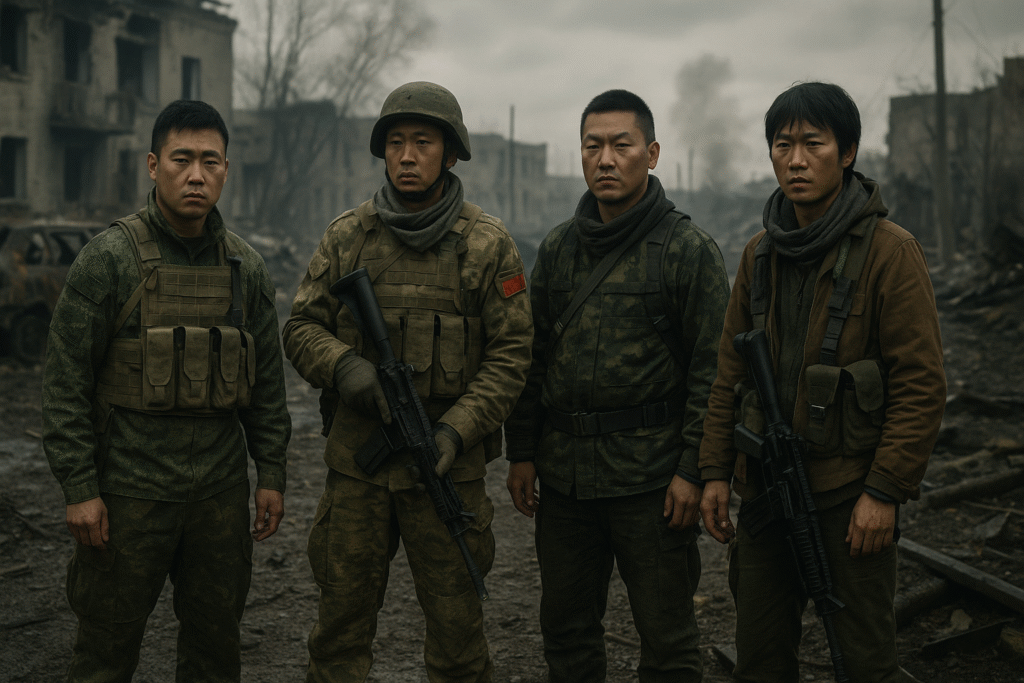
The Role of Chinese Nationals in the Conflict
Reports indicate that more than 150 Chinese nationals are fighting for the Russian forces, particularly in the Donetsk region of Ukraine. These individuals are primarily mercenaries, motivated by financial rewards and personal beliefs. They often enlist through unofficial channels rather than through direct government recruitment. Despite China’s official discouragement of such participation, the presence of these nationals could hint at covert Chinese support for Russia’s military efforts.
This participation raises essential questions: Does it reflect an indirect Chinese involvement in the conflict? How will this affect China’s diplomatic relations, especially with Western countries?

Geopolitical Implications: What Does It Mean for China and the West?
1. Strained Diplomatic Relations with the West
The presence of Chinese nationals fighting in Ukraine challenges China’s proclaimed neutral stance. According to BBC News, this involvement could be seen as implicit support for Russia, which risks escalating tensions between China and Western nations. As the West closely monitors China’s role in the conflict, this could further strain diplomatic relations.
2. Mercenary Networks and Global Influence
The Council on Foreign Relations highlights the growing role of mercenaries as instruments of global influence. China’s nationals participating in Ukraine are not only supporting Russian military objectives but are also part of a larger, emerging trend of covert engagement. This suggests that China may prefer using mercenary networks to exert influence without direct military intervention. The increasing reliance on such tactics could reshape the future of global warfare.
3. Internal Policy Considerations
China’s involvement in Ukraine could also lead to changes in domestic policies. Traditionally, Beijing has been strict about regulating its citizens’ participation in overseas conflicts. As Global Times reports, the increasing number of Chinese nationals participating in foreign wars could prompt China to tighten regulations and increase surveillance on its citizens’ activities abroad.
4. Impact on the War’s Dynamics
Although Chinese fighters may not significantly alter the overall battlefield dynamics in Ukraine, their involvement adds a layer of complexity to the already diverse mix of foreign mercenaries supporting Russia. These fighters contribute to various aspects of the war, including tactical operations, intelligence gathering, and psychological warfare, according to Understanding War.
5. Foreign Fighters: A Global Phenomenon
The participation of foreign nationals in conflicts is not unique to Ukraine. Across the globe, individuals have been drawn into foreign wars due to ideological commitments, financial incentives, or personal motivations. China’s nationals fighting in Ukraine represent a more nuanced form of international involvement. Their actions raise concerns about China’s shifting approach to global conflict and its desire to influence events without resorting to direct military action.
As the Council on Foreign Relations points out, the growing trend of foreign fighters blurs the lines of traditional warfare. China’s role in this phenomenon reflects the changing nature of global conflicts, where state and non-state actors often collaborate.
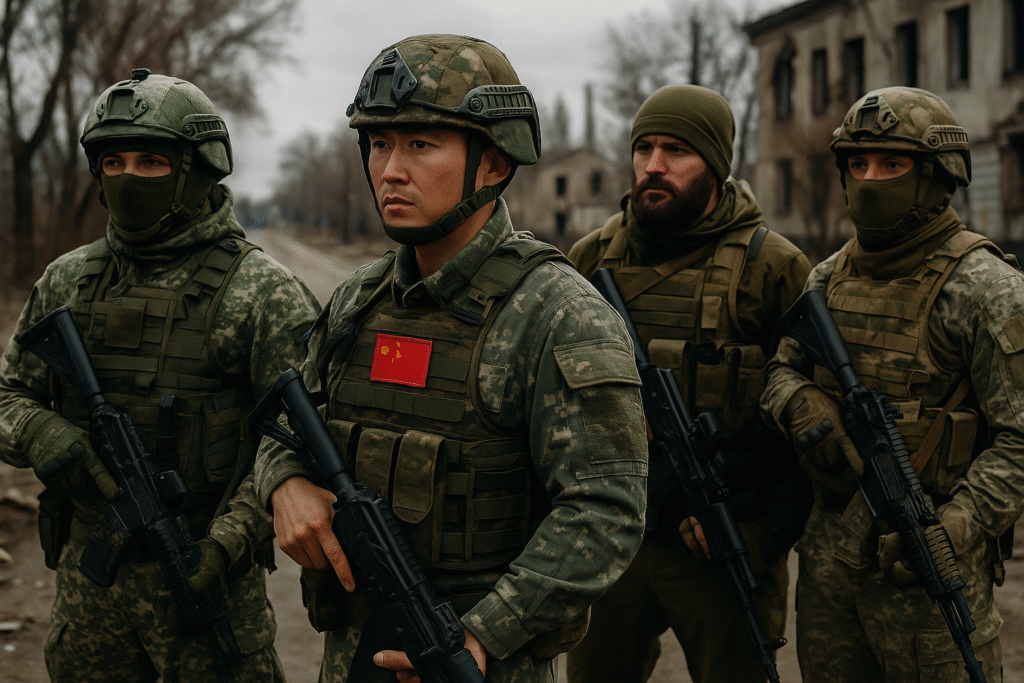
Conclusion
The involvement of Chinese nationals fighting in Ukraine illustrates the complexities of modern warfare. While China officially maintains neutrality, the actions of its citizens on the battlefield suggest a shift toward more indirect forms of engagement. This situation also highlights the blurred lines between state-sponsored military action and covert operations.
The presence of Chinese nationals in Ukraine could have significant long-term implications for China’s foreign policy, its relationship with Russia, and its diplomatic ties with Western nations. As this situation unfolds, it will offer valuable insights into how global powers balance their interests in the increasingly complex arena of hybrid warfare.
FAQS about Chinese Nationals Fighting in Ukraine
- Why are Chinese nationals fighting in Ukraine? Many Chinese nationals are reportedly motivated by financial incentives or ideological beliefs. Recruitment often occurs through unofficial, non-government channels. For more on their motivations, visit BBC News.
- Does China officially support its citizens fighting abroad? No, the Chinese government has issued statements discouraging its citizens from participating in the conflict in Ukraine. Learn more in Global Times.
- How does this impact China’s foreign relations? The involvement of Chinese nationals complicates China’s neutral stance and could strain relations with Western countries. For further analysis, check out this article from the Council on Foreign Relations.
- Are these Chinese fighters considered mercenaries? Yes, most reports classify them as mercenaries, participating independently of any official Chinese government directive. Read more in Understanding War.
- What could be the consequences for China internally? The Chinese government might tighten controls on citizens’ overseas activities to prevent future incidents. For more on China’s internal policies, see this article in Reuters.
- Could this involvement alter the war’s outcome? While unlikely to dramatically shift the war’s outcome, the presence of Chinese fighters adds tactical and psychological complexity to the conflict. Learn more in this RAND Corporation report.
